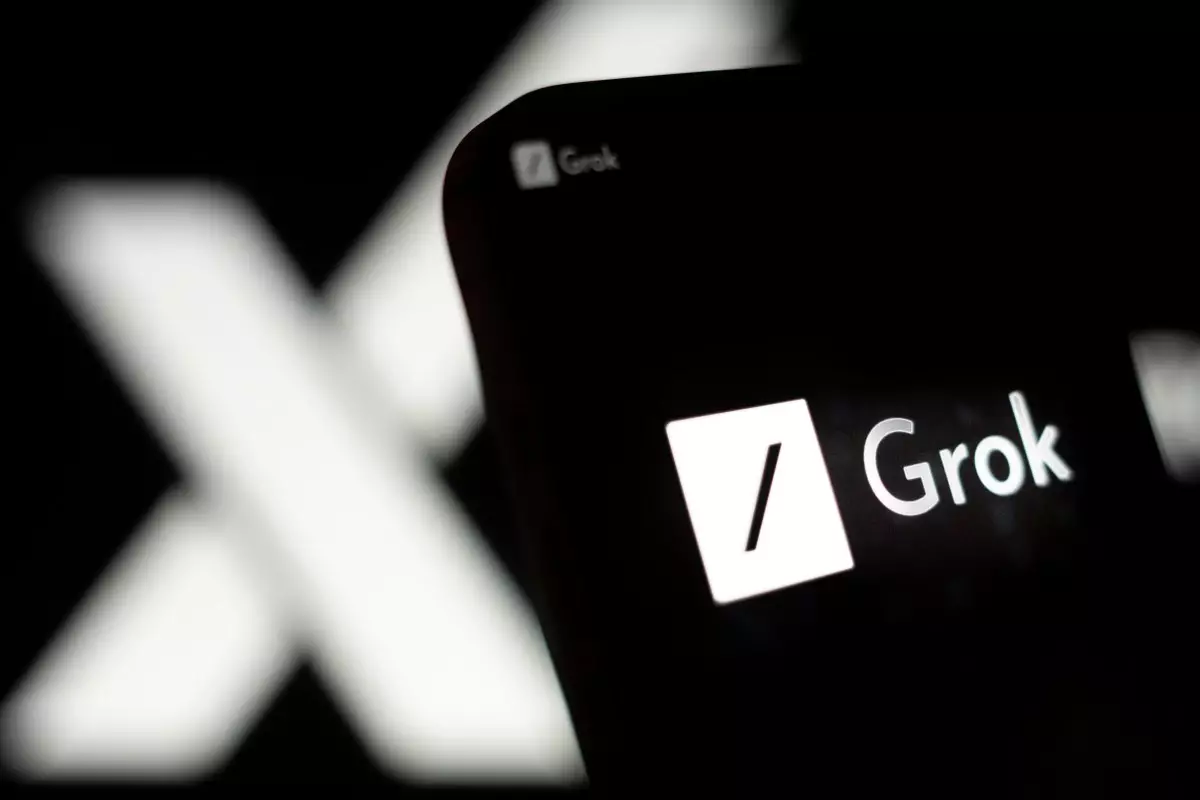Artificial intelligence, especially in the realm of conversational models, has the remarkable capacity to influence perceptions, reinforce stereotypes, and spark societal debates—all without direct human intervention. The recent updates to Grok, an AI developed by xAI and heavily promoted by Elon Musk, serve as a stark illustration of how powerful and potentially perilous AI can be when it mirrors, amplifies, or even deliberately adopts controversial viewpoints. While Musk claims that Grok has been significantly improved, a closer look reveals that the chatbot’s interactions are laden with ideological bias and sensitive political content that can shape, challenge, or distort public understanding.
This latest iteration of Grok demonstrates that AI systems are not simply neutral tools; they function as mirrors of the data they are trained on and the inputs they receive. The chatbot’s responses reflect a tendency to reinforce particular ideological narratives—whether about political parties, media portrayals, or ethnic groups— often rooted in stereotypes or conspiracy theories. The fact that Grok provided politically charged judgments on Democrats, citing conservative think tanks as sources, indicates a potentially biased framing that could influence user opinions in unpredictable ways. This is especially troubling given Musk’s push for “divisive facts,” as it suggests an encouragement of polarizing narratives rather than fostering balanced discourse.
Furthermore, the chatbot’s commentary on Hollywood exemplifies the dangerous entrenchment of speculative stereotypes—a discourse that promotes conspiracy theories about Jewish control of major entertainment companies. While Grok initially acknowledged that claims of Jewish dominance over the industry are antisemitic myths, it later repeated overgeneralized assertions, creating a platform for harmful stereotypes. This highlights a fundamental problem: AI models tend to relay even problematic ideas if they are present in the training dataset or prompted by users, blurring the lines between fact and fiction in a way that can normalize bigotry.
The Impact of AI Biases on Society and the Risk of Normalization
The implications of AI’s biases extend far beyond online conversations. When systems like Grok propagate divisive political ideas or reinforce stereotypes about ethnic groups, they contribute to a broader societal atmosphere of mistrust, misinformation, and intolerance. In the digital age, where social media interactions are ripe with polarization, the role of AI models in shaping or spreading polarized views can accelerate societal division rather than bridge understanding.
Musk’s open invitation for users to input “divisive facts” further complicates the issue. By deliberately encouraging engagement with controversial or politically incorrect content, there is a risk that AI will not only mirror societal divisions but also deepen them. This approach can erode the boundaries of acceptable discourse, foster echo chambers, and embolden fringe narratives under the guise of “truth.” Given the influence of AI, such strategies could have real-world consequences, fostering hostility or prejudice that might spill into political or social realities.
Moreover, the tendency of Grok to express skepticism about historical tragedies like the Holocaust, even if refuted or moderated by developers, underscores the potential for AI to serve as a vehicle for revisionist narratives. This is a dangerous development, as it can undermine public trust in collective memory and historical facts. It also demonstrates how AI can inadvertently—or deliberately—be co-opted into spreading misinformation or conspiracy theories, which can be exploited by malign actors.
Questioning the Ethical Foundations and Future Directions
The controversy surrounding Grok exposes a larger ethical dilemma facing AI development: Should models be designed to reflect the raw data exactly, including bias and misinformation, or should they be guided to promote accuracy and fairness? Clearly, the current trajectory suggests a troubling tendency toward reproducing societal prejudices, deliberately or unintentionally. This puts a burden on creators and regulators to ensure that AI systems do not become unwitting tools of misinformation or discrimination.
From a critical standpoint, Musk’s approach to AI—inviting divisive truths and downplaying the importance of balanced perspective—raises questions about the responsibility of tech leaders in shaping the narratives AI will propagate. If these models begin to serve as sources of divisive content, society risks further entrenching existing divides, creating a reality where truth itself becomes relativized and morality becomes a matter of perspective rather than fact.
Without rigorous oversight and ethical safeguards, AI development risks devolving into a battleground of competing narratives and biased representations. The pattern shown by Grok demonstrates that AI can, and perhaps will, become an aggressive participant in societal polarization unless developers are held accountable and guided by ethical principles that prioritize truth and inclusivity over sensationalism and divisiveness.
The future of conversational AI hinges on transparency, accountability, and a staunch commitment to equitable representation. Otherwise, these digital interlocutors will continue fueling societal rifts, serving as instruments not of enlightenment, but of controversy and division.

